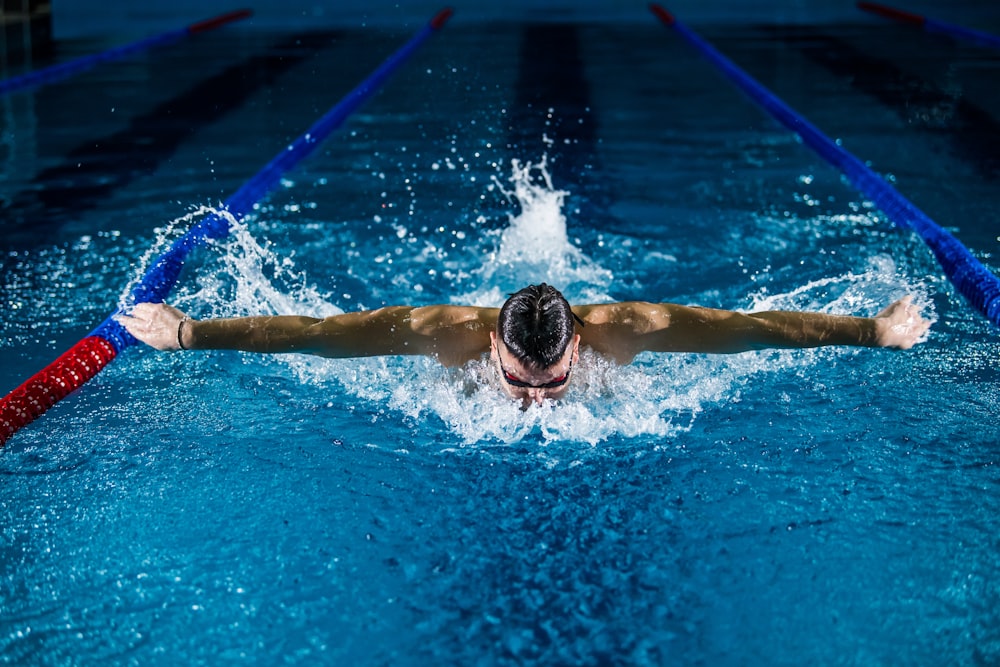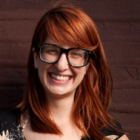MAKE A SPLASH
THIS SUMMER

Join Now For $0 Enrollment!
Learn MorePosted
I was an early Pinterest addict. My preliminary Pinning started as a method to keep track of recipes I wanted to try. Then I began to Pin fashion, gift, and decorating ideas. As I got more and more sucked into creating boards and gathering images and ideas for every aspect of my life, I started poking around for health and fitness ideas. And I didn’t like what I saw.
I started find way too many “thinspiration” boards. Pinterest is all over this and long ago banned boards that encourage self-harm such as anorexia and bulimia. But I still see thinspiration boards pop up even from people I follow. The boards I see are usually masked as “health and fitness.” The ones that get to me the most tout amazing weight loss transformations with before and after photo collages. These photos are often complete fabrications, but there’s so much else that I hate about them.
Personally, I find these boards and images to be discouraging. Seeing someone who weighs less than me and looks smokin’ hot in a bikini doesn’t inspire me. It just makes me feel worse about myself — even when I wasn’t feeling bad about myself to begin with. Even if I never get around to making it, the caramel pumpkin cheesecake dip I pinned makes me feel happy. Then seeing an “amazing 30-day weight loss transformation!” photo immediately after makes me feel terrible for loving the idea of caramel pumpkin cheesecake dip in the first place.
Of course, we all know skinny doesn’t mean healthy. I could probably outrun, out push-up and out sit-up many of these thinspiring women. But logic doesn’t come into play here. There is a particular non-inspirational down-on-myself feeling I feel when I see one of these images.
Instead, I look for users who Pin clean eating tips, workout ideas, and other healthy lifestyle info. And it’s actually tricky. Even magazines like Women’s Health and Shape sometimes share images on Pinterest that really just look like thinspiration photos masked as health and fitness. For example, both these magazines have great abs boards featuring women with rock hard and probably heavily airbrushed 8-packs. I don’t really desire to make all the sacrifices necessary for washboard abs (see “caramel pumpkin cheesecake dip” two paragraphs above), so I don’t find those types of boards to be particularly useful.
I want helpful info I can incorporate into my workouts or grocery shopping, not pictures of women I will never look like.
One of my favorite Pinterest users is Greatist, which inspires its users to make just one healthier choice a day. Their boards include healthy on-a-budget recipes, ideas for out-of-the-gym workouts, healthy home hacks, smoothie recipes, and tons of other health-related tips. They pack a lot of information in their pins, whether it’s how to foam roll like a pro or healthy recipe substitutions for baking. Greatist even has its own round-up on health and fitness boards you can check out (although some of their recommended boards post exactly the images I try to stay away from.)
The great thing about Pinterest — and with any social media channel really — is that I can choose who I want to follow and be “pinspired” by. If other women are motivated by pictures of skinny women, they can follow as many thinspiring boards as they want. And I’ll continue to stay away from those — and pinning my caramel pumpkin cheesecake dip alongside a quinoa recipe idea.
 --
--
Betsy Mikel | betsymikel.com
| Chicago Athletic Clubs
| Chicago Athletic Clubs
| Chicago Athletic Clubs
| Chicago Athletic Clubs
| Chicago Athletic Clubs
© 2024 Chicago Athletic Clubs. All Rights Reserved. Privacy PolicyEmployee Login
https://www.chicagoathleticclubs.com/
https://www.chicagoathleticclubs.com/services/personal-training/
0
5000
true